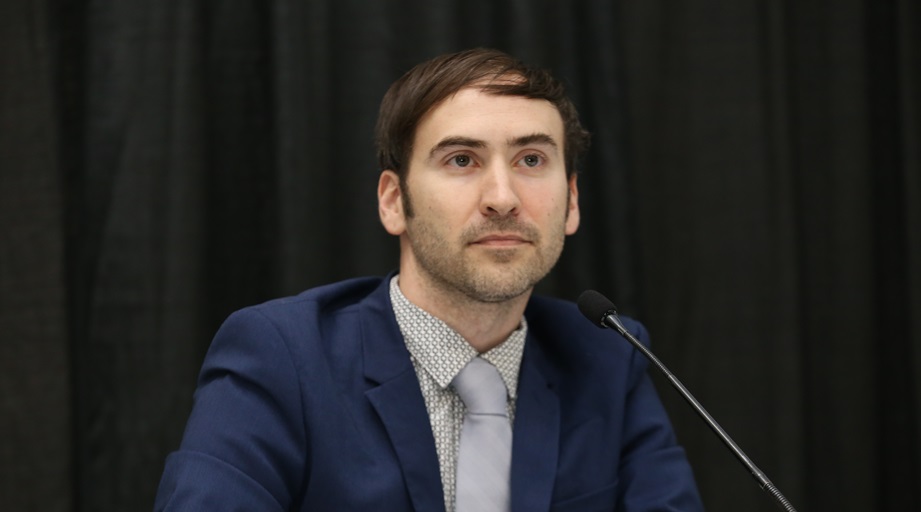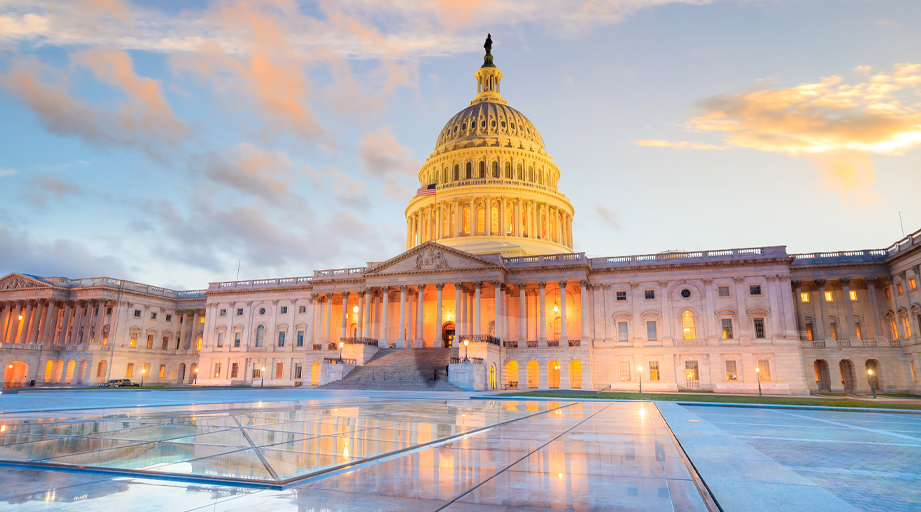
Pharmacists have seen substantial progress in expanding patients' access to care, thanks to the impact of state advocacy, ASHP's government relations team said during the Dec. 5 session Engaging Federal and State Policymakers: Key Issues for Health-System Pharmacy at the 2023 ASHP Midyear Clinical Meeting & Exhibition.
“There have been exciting developments for the pharmacy profession as we see policymakers become more acutely aware of pharmacists’ capabilities and role as patient care providers,” said Tom Kraus, ASHP’s vice president of government relations. “Across the country, states are recognizing pharmacists as clinical care providers for a range of conditions, such as prevention and treatment of COVID-19, influenza, streptococcal pharyngitis, and HIV, to management of medications for opioid use disorder.”
Today, 19 states have some version of provider status that requires Medicaid, commercial insurance, or both to reimburse pharmacists for providing any covered service within their scope of practice. And nearly all states have provisions in place to reimburse pharmacists for at least some clinical services.
“It’s not news to anyone in this room, but across the healthcare sector, pharmacists have been drastically underutilized as clinicians for the past several decades,” said Kyle Robb, ASHP’s director of state policy and advocacy. “In recent years, we are seeing major advancements with scope expansion throughout the states.”
ASHP’s efforts continue to focus on provider status at the federal level. “We have two bills that we are strongly promoting, including the Equitable Community Access to Pharmacist Services Act and the Pharmacy and Medically Underserved Areas Enhancement Act,” said Frank Kolb, ASHP’s director of federal legislative affairs. He said there’s strong bipartisan support for the bills. And he thanked all those who have emailed their legislators and helped show the local impact that these pieces of legislation will have if passed.
The panel session included a discussion of important advocacy efforts to protect the 340B Drug Pricing Program, which many hospitals rely on to fund services for low-income and underserved patients — all at no cost to taxpayers.
The 340B program has faced a series of challenges in recent years from drug manufacturers and pharmacy benefit managers (PBMs) that jeopardize these vital patient services.
“These programs can be the difference between patients getting services and not having any access to healthcare in their communities,” said Jillanne Schulte Wall, ASHP’s senior director of health and regulatory policy.
There has been a substantial amount of advocacy to protect the 340B program, and we are seeing positive momentum. Today, we have about 30 states whose laws prohibit insurers and PBMs from implementing reimbursement policies that discriminate against 340B pharmacies.
“You have a great opportunity to collaborate with your local hospital association to use ASHP’s model state-level legislation as part of your advocacy efforts to help prevent discrimination practices in your state,” said Robb. ASHP will soon introduce model state legislation that members can use to protect contract pharmacy arrangements under the 340B program, he added.
ASHP is advocating for federal legislation to protect the program through support for H.R. 2534, the PROTECT 340B Act. This bipartisan federal legislation would prohibit PBM plans and insurers from enacting discriminatory policies that threaten the 340B program.
The panel also discussed ongoing advocacy addressing the underlying causes of drug shortages. A recent ASHP survey reported that more than 50% of hospital and health-system pharmacists have had to ration, delay, or cancel cancer treatments due to shortages of chemotherapy drugs.
“Drug shortages have remained a perennial priority issue for ASHP,” said Schulte Wall. ASHP has been working closely with the White House and federal agencies to promote our most recent Policy Solutions to Address the Drug Shortage Crisis, focused on quality and supply chain issues, she added.
The elimination of payer-mandated white bagging also remains a key ASHP advocacy focus. Since 2021, 32 states have introduced legislation to curb this harmful practice, and twelve states have passed legislation. Many successful bills were based on ASHP’s model legislation and supported through ASHP resources. Kraus encouraged attendees to share the model legislation with their government relations teams to support these efforts in their states.
The Midyear session also included a discussion of the current political climate, resources available to help states use pharmacists to improve needed access to medications for opioid use disorder, advocacy to prevent site-neutral payment proposals, a look at interstate licensure advocacy, technician final product verification support, and updates on ongoing efforts to protect pharmacy residency funding.
Visit ASHP’s advocacy key issues webpage to learn more.








